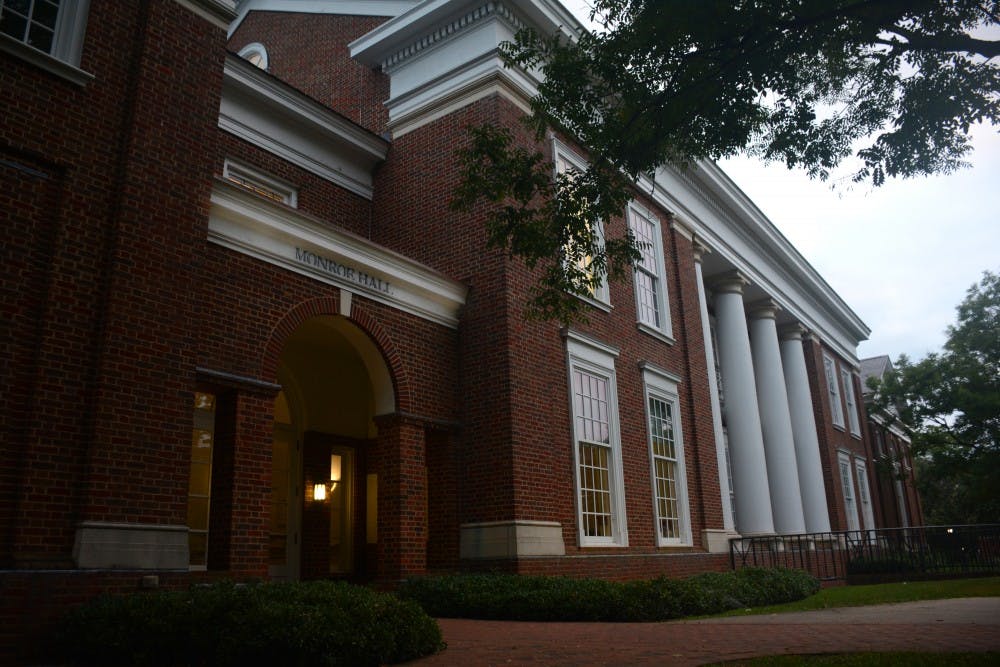For the first time in University history, students in the College will have the option to select two minor concentrations beginning this academic year. The College notified students of the change by email Tuesday morning — the first day of classes on Grounds.
Brie Gertler, acting dean of the College of Arts & Sciences and a professor of Philosophy, told The Cavalier Daily that the new policy went into effect this month following several requests from students.
“When a student double minors, the transcript reflects that the student has pursued multiple disciplines in some depth,” Gertler said. “The same is true of a double major, although of course a major indicates a greater mastery of a discipline than a minor. Students should consider their educational and career goals carefully before choosing the path that’s right for them.”
Gertler added that all students should familiarize themselves with the Undergraduate Record, the official set of academic rules and regulations, including the new policy on minors — which states that students wishing to declare a second minor must ensure that at least one of their minor concentrations is in the College.
With the change, the College also added a “no double counting rule” which states that “students who declare a minor beginning fall 2019 or later will no longer be able to share courses between their interdisciplinary College major/s and College minor/s.” The rule will go into effect immediately for all returning College students who declare a second College minor, according to the email from the College.
Rising second-, third- and fourth-year students who have already declared one interdisciplinary College minor can continue to apply the same coursework to their major as long as they do not declare a second College minor, the email states.
The College offers a total of 39 minors — which consist of 15 to 24 credits of graded work in a program of study approved by the sponsoring department or program. Students intending to minor must complete the appropriate forms no later than the add period of their next to last semester in the College — normally the seventh semester — and deliver a copy to the College in Monroe Hall 101.
According to University spokesperson Wes Hester, the College is not the only school at the University to offer students the ability to select a second minor concentration. The Engineering School, for example, allows students to double minor in technical subjects like chemical engineering and science and math subjects like physics.
Although double minors may give students an advantage when applying for jobs, Gertler said the change did not occur as a result of the employment market for students after graduation. For the Class of 2018, 52.27 percent of College students self-reported that they are working after graduation, while 22.48 percent said they were still looking for employment. Data for the Class of 2019 has not been released.
Caro Campos, a second-year College student, found out about the new minor policy through an advising meeting with her academic Dean last week. She told The Cavalier Daily that she left the meeting feeling relieved knowing that students can have more flexibility in choosing courses.
“I think the switch allows students to explore their interests and not have to leave something they are passionate about,” Campos said in an email. “I think it might also mean we continue to take on too much in our lives but it still definitely gives us more flexibility and freedom in our academic lives, especially since we can also have one minor outside of the College.”
Gertler added that College advisors and associate deans are prepared to help answer questions from students interested in pursuing a double minor.
“In the long run, I hope it'll make students equipped and knowledgeable in multiple disciplines through the combination of their minors and major,” Campos said.
This article has been updated.





